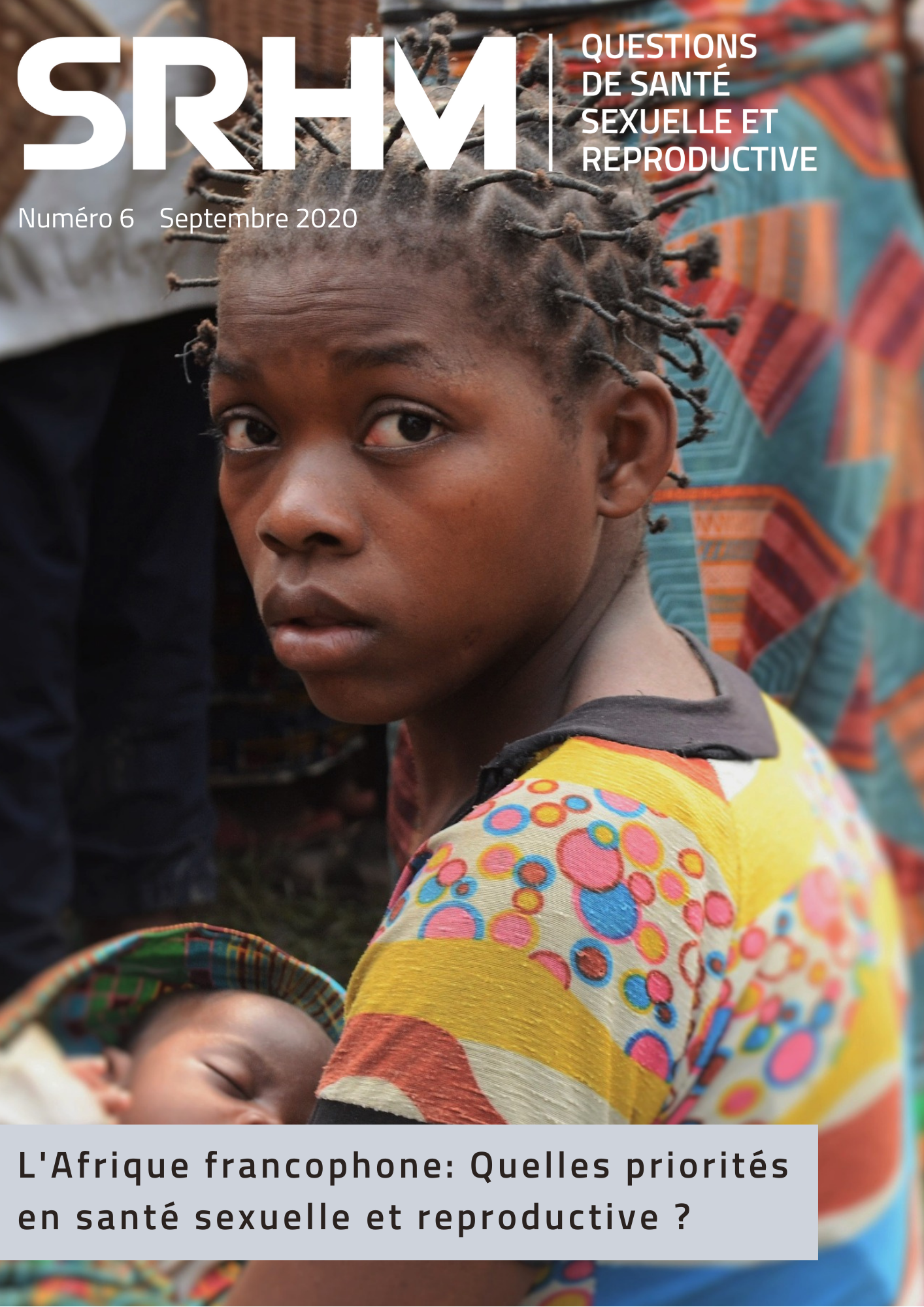SRHM, in collaboration with the Moroccan non-governmental organisation Together for Reproductive Health (ESR) and the National School of Public Health (ENSP), has undertaken an initiative to create a Francophone Africa regional hub to advance SRHR and generate evidence-based knowledge in the region.
The aim of this collaboration is to develop a regional SRHR knowledge platform that is based on regional, national, and community ownership in knowledge generation, linked to capacity-building, influence and advocacy, allowing diverse voices from the region to be represented and amplified.
The SRHR regional knowledge platform and SRHM knowledge hub works together with regional organizations, academic institutions, government champions, youth leaders, researchers and other key stakeholders who are committed to address SRHR in the region and committed to progress rights and evidence based programmatic, service delivery, social and policy changes on SRHR issues.
Partners
Association Together for Reproductive Health (ESR)
Rabat National School of Public Health/ Ministry of Health (ENSP)
SRHM’s activities in this area are divided into KNOWLEDGE, INFLUENCE and CAPACITY-BUILDING.
Knowledge
Read our latest French issue published in February 2024:
Previous issue published in September 2020:
L’Afrique francophone: Quelles priorités en santé sexuelle et reproductive ?
Influence
The aim of the regional hub is to create new approaches and opportunities to link evidence and rights-based knowledge to SRHR programmes, policies and services.
The regional hub enhances global, regional and local partnerships to ensure that regional, national and community perspectives are represented and diverse voices are amplified through multi-disciplinary and inter-sectorial, cross generational collaboration.
A special collection comprising six scientific articles unveils lesser-known facets of sexual and reproductive health rights across Benin, Burkina Faso, and Morocco
On 28 February 2024, a webinar was held by the Centre for Research in Human Reproduction and Demography (CERRHUD) in collaboration with partners such as the Moroccan association “Ensemble pour les Droits et Santé Sexuelle et de la Reproduction (EDSSR),” Gamel Abdel Nasser University of Guinea, and SRHM.
In this webinar, with participants from all corners of the world and held in French, mentees presented their initiatives published in the special issue, Sexual and Reproductive Health and Rights in Francophone Africa: Using research for change, alongside insights from experienced figures in the field.
The research findings presented have not only enriched knowledge but also spurred advocacy actions.
Improving rights- and evidence-based SRH knowledge creation and transfer
SRHM, in collaboration with the Moroccan non-governmental organisations All for Reproductive Health (ESR) and the National School of Public Health (ENSP), held a workshop in Rabat, Morocco on the 24th and 25th of September 2019 with the objective of improving rights- and evidence-based sexual and reproductive health knowledge creation and transfer in francophone Africa and exploring partnerships in the region with this regard. We are very thankful for the collaboration with ESR and ENSP and for the organisation of such an excellent and fruitful meeting.
Capacity building
The aim of the collaborative regional hub is to enhance the skills of researchers, programme and policy makers, service delivery providers and advocates in publishing, disseminating and using rights and evidence-based SRHR knowledge.
We also aim to create and strengthen collaborations and strategic partnerships. The regional hub enhances global, regional and local partnerships to ensure that regional, national and community perspectives are represented and diverse voices are amplified through multi-disciplinary and inter-sectorial, cross generational collaboration.
Mentoring programme
In 2021, the Centre de Recherche en Reproduction Humaine et en Démographie CERRHUD, Benin, the Association Ensemble pour les Droits et Santé Sexuelle et de la Reproduction (EDSSR), Morocco and SRHM jointly applied and successfully received a grant from Amplify Change for a regional mentoring programme with bilingual papers to be published in a dedicated SRHM francophone journal issue. This programme, which launched in early 2022, is led by CERRHUD, with a strong collaboration from SRHM, and includes the establishment of a mentoring programme with mentees and mentors from five francophone Africa countries: Benin, Burkina Faso, Guinea, Senegal, Morocco and Tunisia. It has provided a unique opportunity for young scholars and other SRHR actors to be introduced to rights-based knowledge creation and writing, and it also brings together senior SRHR professionals who are dedicated to discussing and debating the relevance of rights-based research from the local perspective and jointly developing new ways of capacity building and networking for a multidisciplinary SRHR audience.
Addressing the data gap in sexual and reproductive health, this initiative responds to the imperative for a robust body of researchers capable of generating high-quality data to advocate for SRHR policies. The beneficiaries hail from Benin, Burkina Faso, and Morocco, where the importance of context-specific knowledge to inform global policies is underscored.
The mentorship program facilitated a special collection of six articles in 2023, showcasing the contributions of emerging and senior researchers alike, alongside providing tools to influence policies and programs.
Under the mentorship of senior researchers, the mentees delved into various topics such as abortion, adolescent health, and humanized childbirth, enhancing both their research capabilities and advocacy skills.


